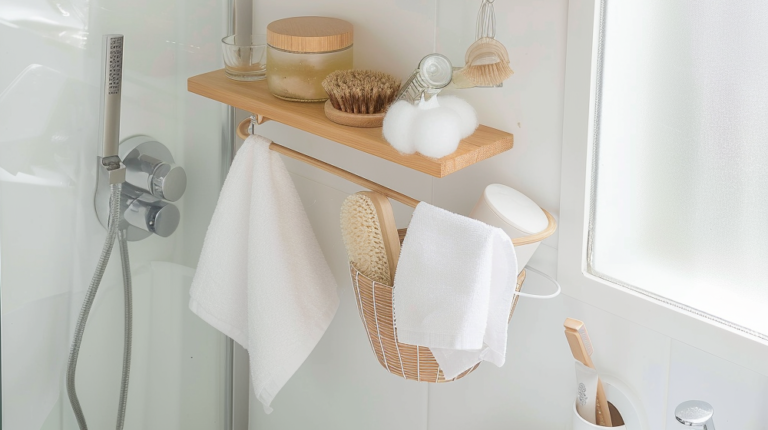Food waste is a major environmental issue because the average American tosses away 219 pounds of food annually. From this waste, landfills release methane, a greenhouse gas ten times more powerful than carbon dioxide. Rethink your assumption that homeowners with large gardens are the only ones who compost. Even in the smallest apartment or shared living arrangement, you can participate in this eco-friendly pastime.
Explore Your Indoor Composting Options
Contrary to popular belief, composting doesn’t require a large outdoor bin or emit unpleasant scents. Thanks to several innovative methods, renters can access it anywhere:
Countertop Composters
Apartment life guides the design of these compact solutions. Food scraps can be converted into nutrient-rich soil in a few hours with the help of electricity-powered equipment like the Vitamix FoodCycler or the Lomi kitchen composter. Although they cost more up front (about $300 to $500), they provide a truly odorless, hassle-free option that works even in small kitchens.
Using Bokashi for composting
This Japanese method uses a special bran blend that contains bacteria to ferment food waste, including meat and dairy, which traditional composting cannot handle. The anaerobic procedure guarantees minimal odor, and the device consists of a simple bucket with a tight-fitting top and a faucet to drain liquid fertilizer. A Bokashi Composting Starter Kit is a more cost-effective option, with prices ranging from $40 to $100.
Vermicomposting Worm Bins
Before you answer “absolutely not,” pause and pay attention! Modern worm bins are clean, odorless, and highly effective when used appropriately. Red wiggler worms make nutrient-dense castings after eating food leftovers, which are perfect for houseplants or community gardens. You can conceal these gadgets, typically costing between $50 and $150, under a sink or in a closet without anyone noticing.
The Freezer Collection Method
The easiest way to prevent odors from forming is to keep a container for food waste in your freezer. Once your collection is full, dispose of it at a community garden, farmers market, or composting location. Many communities now have dedicated food waste drop-off programs.
Composting Techniques That Your Roommates Will Like
Living with roommates is an additional consideration. The following methods can be used to compost in public spaces:
- Give a brief composting orientation: To prevent contamination issues, create a simple chart that outlines what is and is not compostable.
- Choose a technique that works for everyone’s comfort level: Use a sealed bokashi system or the freezer-gathering method if someone is worm averse.
- Include it in your cleaning routine: The person responsible for removing the trash should also empty the compost collector.
- Distribute the advantages: Utilize the compost created for communal houseplants or container plantings on your balcony.
Foods That Can Be Compiled in Apartments
For most indoor composting systems, the following materials work best:
- Scraps of fruit and vegetables
- Paper filters and coffee grounds
- Tea bags (remove the essentials)
- Eggshells crushed
- Shells of nuts
- Paper napkins and towels without printing
Bokashi can tolerate them; however, meat, dairy, oils, and too much citrus should not be added to most systems.
Making the Investment Pay off
“Without a garden, is composting worthwhile?” is a question that many apartment tenants ask. Consider these benefits:
- Reduced trash volume and odor: If you have less food waste in your regular trash, you’ll have fewer trips to the dumpster and odorous garbage bags.
- Community contribution: Many community gardens are truly grateful for compost donations.
- Indoor plants’ advantages: Houseplants thrive in compost-enriched soil, which enhances the quality of the air indoors.
- Environmental impact: You can prevent harmful methane emissions by composting one pound of food instead of throwing it in a landfill.
With these readily available techniques, you can participate in the closed-loop composting system regardless of your living situation. It’s a small change that makes a significant difference and complements eco-friendly rental living.




